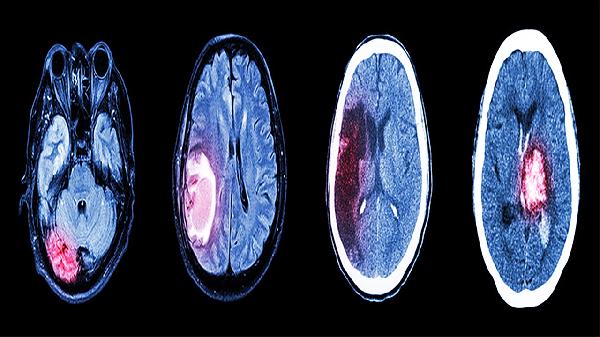Selina Burzler's story is a powerful reminder of how addiction can sneak up on you—one minute you're at a dinner party, the next you're waking up with no memory of how you got home. For her, that blackout moment was the wake-up call she needed to finally confront her substance use. But what’s fascinating is how she channeled that realization into something transformative: running. It wasn’t just about quitting alcohol or drugs; it was about replacing the chaos with something that gave her clarity, purpose, and yes, that sweet, sweet dopamine hit her ADHD brain craved. And she’s far from alone. Fitness, it turns out, isn’t just a way to get ripped or drop a few pounds—for many in recovery, it’s a lifeline.
The Science Behind Sweat and Sobriety
those feel-good chemicals that give you a "runner’s high." For someone with ADHD, like Burzler, or anyone whose brain chemistry has been hijacked by addiction, that natural boost can be a healthier substitute for the artificial highs of substances. But it’s not just about brain chemistry. Exercise also helps regulate stress hormones like cortisol, which can be sky-high in early recovery. When your body is constantly in fight-or-flight mode, cravings feel impossible to ignore. But a solid workout can reset that tension, making it easier to ride out the urge to use.
Then there’s the structure factor. Addiction thrives in chaos, but recovery demands routine. Showing up for a morning run or a yoga class creates discipline, something that’s often eroded by substance use. And let’s not forget the confidence boost. Completing a tough workout—especially when you didn’t think you could—proves to yourself that you’re capable of more than you realized. That kind of self-trust is gold when you’re rebuilding your life.
Why Community Matters Just as Much as the Workout
Scott Strode, founder of The Phoenix, hits on something crucial: fitness isn’t just a solo mission. Isolation is a huge trigger for relapse, but showing up to a sober fitness group means you’re surrounded by people who get it. There’s no judgment, no pressure to explain why you’re not drinking at the post-workout hangout. Just a bunch of people sweating it out together, pushing each other to be better. That camaraderie is a big deal—research shows social support is one of the strongest predictors of long-term recovery success.
And let’s be real, some workouts are brutal. But when you’re gasping through burpees next to someone who’s also in recovery, there’s an unspoken bond. You’re both proving to yourselves that you can do hard things. That shared struggle creates a kind of accountability you don’t get from a therapist’s office or a support group meeting. Plus, let’s not underestimate the power of endorphins + laughter. Ever tried to stay mad or anxious after a ridiculous, sweaty dance workout? Exactly.
More Than Just a Distraction—A New Identity
Here’s the thing: recovery isn’t just about stopping substance use; it’s about figuring out who you are without it. For a lot of people, addiction becomes their entire identity. But when you start calling yourself a runner, a yogi, or a weightlifter, you’re rewriting the script. Suddenly, you’re not just "sober"—you’re someone who climbs mountains, deadlifts twice their body weight, or finishes a 5K. That shift in self-perception is huge. It’s not about running away from your past; it’s about running toward something better.
Burzler’s half-marathon goal wasn’t just a random hobby—it was a declaration. Every mile was proof that she could redefine herself. And that’s the magic of fitness in recovery: it’s not just filling time; it’s building a new life, one workout at a time.
So if you’re on the fence about lacing up those sneakers, take it from Selina and Scott—sometimes the best therapy doesn’t happen on a couch. It happens on the trail, in the gym, or wherever your feet (or dumbbells) take you.
























